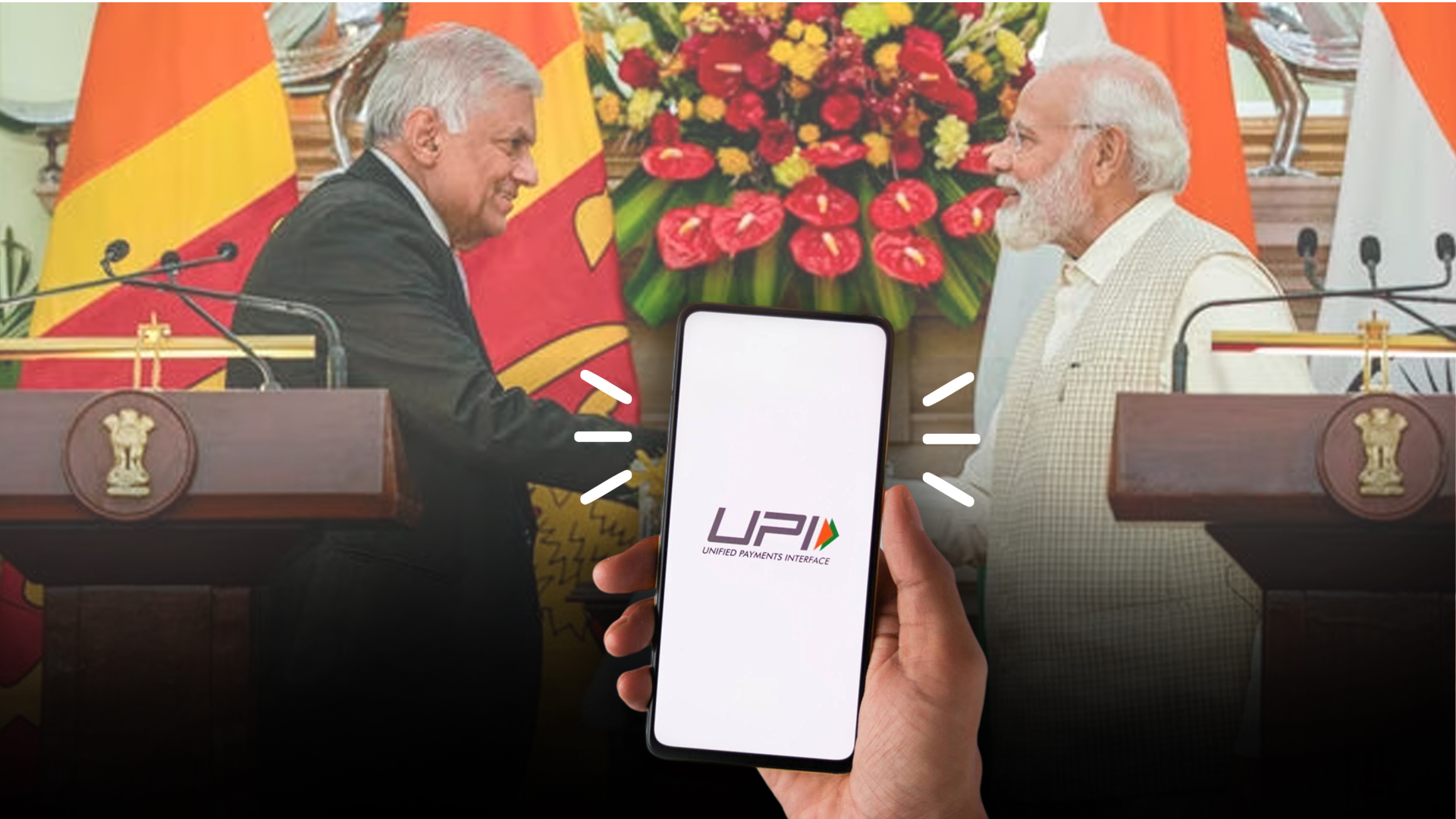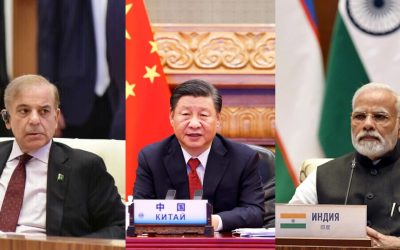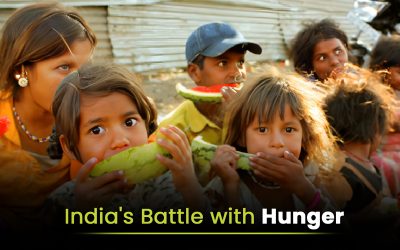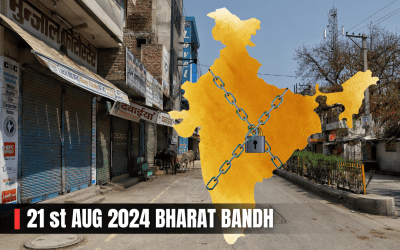New economic ties between India and Sri Lanka have been revealed, and they will work together to link people via the air, water, energy, and banking systems. The Unified Payments Interface (UPI) technology from India will also be used in Sri Lanka as a result of the agreement. The two nations will also collaborate on a land connectivity feasibility assessment, a petroleum pipeline construction project, and a power grid interconnection. India has also urged Sri Lanka to heed the wishes of the minority Tamil population and strive towards peace and power sharing. India’s long-term commitment to Sri Lanka is shown in the economic relationship, which will hasten sectoral collaboration.
While New Delhi encouraged Colombo to find a political solution to satisfy the demands of the Tamil minority, Sri Lanka and India on Friday launched a new economic collaboration for marine, air, energy, and financial connections, including the use of India’s Unified Payments Interface (UPI) technology.
Following discussions between Prime Minister Narendra Modi and President Ranil Wickremesinghe, the India-Sri Lanka Economic Partnership Vision was released. It calls for the construction of a petroleum pipeline, the interconnection of power grids for electricity trade, a feasibility study for land connectivity, and the restart of negotiations on an Economic and Technology Cooperation Agreement to replace an existing trade agreement.
UPI will be recognised in Sri Lanka following a deal between Lanka Pay and India’s NPCI International Payments Limited (NIPL), which is expected to take place in the next two to three months.
The two parties agreed to build the facility as a regional centre of industry and energy as a follow-up to the 2022 agreement on the Trincomalee oil tank farms.
In a media interview with Wickremesinghe, Modi stated that Sri Lanka plays a significant role in both the SAGAR (Security and Growth for All in the Region) vision and India’s “Neighbourhood First” strategy.
He mentioned Sri Lanka’s recent unheard-of economic catastrophe and said that India has been by the island nation’s side through that difficult time.
In Hindi, Modi stated, “We feel that the security interests and development of Sri Lanka and India are interwoven, and as a result, we must work together bearing in mind each other’s safety and sensitivity. The comments were taken as an apparent allusion to how Sri Lanka’s decision to permit a Chinese surveillance vessel to visit Hambantota port last year damaged bilateral relations.
“A stable, secure, and prosperous Sri Lanka is not only in India’s interest but in the interest of the entire Indian Ocean region,” he continued.
During the economic depression, India provided Sri Lanka with close to $4 billion in economic assistance, focusing on commerce, tourism, power, and education. The new economic cooperation seeks to improve connections in several areas and underlines India’s long-term commitment to Sri Lanka. Modi hoped that the government of Sri Lanka would support the ambitions of the minority Tamil population and lead the nation’s reconstruction for equality, justice, and peace. Projects worth Rs. 75 crores will be executed for the Indian-origin community and contribute to development initiatives in Sri Lanka’s northern and eastern provinces, which have a significant Tamil population, to commemorate the 200th anniversary of the arrival of the Tamils.
Wickremesinghe invited all party leaders in Parliament to strive towards agreement and preserve national unity when he proposed peace and power-sharing to Sri Lanka’s Tamil leadership. The administration will forward pertinent laws to the legislature, and Modi voiced support and benevolence for them. The idea was rejected by Sri Lanka’s Tamil National Alliance, which cited decentralisation with the exclusion of police authority. Provincial councils have essentially remained inactive for five years, according to Tamil leaders. India is still in favour of a political settlement that takes into account the Tamils’ demands for justice, equality, and self-respect in a unified Sri Lanka. For peace, Modi emphasised the significance of real devolution of authority.
Wickremesinghe made a peace and power-sharing proposal to Sri Lanka’s Tamil leadership, but the Tamil National Alliance rejected the notion. Modi stated his support for the measures, and the administration will send them to the legislature. India continues to support a political solution that takes the Tamils’ aspirations for a united Sri Lanka into account, even though their claims for justice, equality, and self-respect have not yet been met.
To increase bilateral commerce and investments, the governments of India and Sri Lanka have decided to work towards the Economic and Technology Cooperation Agreement (ETCA). A free trade agreement from 1998 is replaced by the ETCA. Sri Lanka will use India’s digital public infrastructure to support citizen-centric services, while India will assist investments in Sri Lankan industrial zones and state-owned businesses.








0 Comments